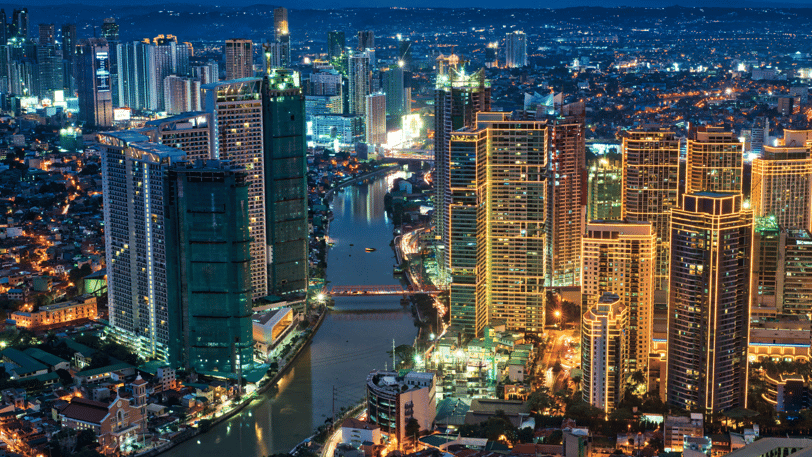Why the Philippines Is the Best Solution for Relocating Your Supply Chain (And What Most Brands Get Wrong About Asia)
Fabrice Jonas
4/7/20252 min read


The Trump tariffs weren’t just a political move—they were a wake-up call.
In 2024, American fashion brands relying on Vietnam or Cambodia have been hit hard—tariff rates are now at 46% and 49% respectively. China, comparatively, gets off easier at 34%. But the damage is done: global supply chains are no longer stable or predictable.
According to Seng Lu, professor of fashion and apparel studies at the University of Delaware, the new tariffs will raise the average U.S. import tariff rate on apparel from 14.5% in 2024 to an eye-watering 30.6%. And yes, U.S. consumers will foot the bill.
Brands can, of course, try to renegotiate country by country. But that’s reactive. The real move is strategic: relocate to the Philippines, where the average tariff rate is just 17%—but the advantages go far beyond numbers.
What if your next supplier spoke perfect English, understood Western compliance, and was genuinely committed to sustainability?
Context: The New Supply Chain Reality
Let’s decode the new far-west of global trade.
Trump announces punitive tariffs. China retaliates—34% on U.S. products. Europe, as usual, takes its time to respond, caught between internal consultations and external pressure. Trade has become political. Unpredictable. And for brands, expensive.
Fashion needs more than low-cost manufacturing. It needs resilient, agile, and ethical supply chains. It needs partners, not just producers.
Why the Philippines? A Hidden Gem in Southeast Asia
Let’s keep it simple:
• English Fluency & Cultural Compatibility: Communication is seamless. Quality control is easier. No translation gaps.
• Textile Talent & Creativity: The Philippines isn’t just about production—it’s about craftsmanship, detail, and local design sensibility.
• Tech-Savvy Workforce: As one of the world’s top BPO destinations, digital literacy is embedded in the culture.
• Labor Ethics That Matter: More and more factories are aligning with fair wage initiatives and sustainability goals.
• Government Support: Export incentives, economic zones, and a regulatory environment open to foreign partnerships.
And unlike in many countries, you don’t have to start from scratch. There’s already an ecosystem waiting to co-create with you.
Beyond Manufacturing: It’s About Partnership
Let’s be clear: this isn’t just about lowering costs. It’s about writing a new chapter in your brand’s journey.
Relocating your supply chain isn’t a quick click—it’s a thoughtful shift. One that requires local insight, cultural intelligence, and strategic support.
We work with partners who share our values: innovation, sustainability, and long-term commitment. That’s how trust is built. That’s how fair trade becomes more than a label.
What We Do (Joie & I): Building Supply Chains with Soul
Together, we help brands not just relocate—but rethink and rewrite their supply chain story.
Our work sits at the intersection of fashion, tech, and local ecosystems. We’ve collaborated with factories, fashion schools, design collectives, and innovation hubs across Asia and Europe. We bring a multicultural approach grounded in real field experience.
We are not middlemen. We are facilitators, cultural translators, and strategic guides.
(And yes, speaking Tagalog definitely helps.)
Don’t wait for the next crisis to make a move.
Relocating your supply chain shouldn’t be a reaction—it should be a strategic power play.
With the Philippines, you gain agility, ethics, creativity—and an insider’s edge.
We’re here to make the transition smooth, smart, and sustainable.
Not just for the next season, but for the next decade.
Get in touch
Limitless Lab Innovations Pte. Ltd.
2 VENTURE DRIVE #19 - 21, VISION EXCHANGE, SINGAPORE 608526
Contacts
+33.645.070.013.
hello@limitlesstechasia.com
